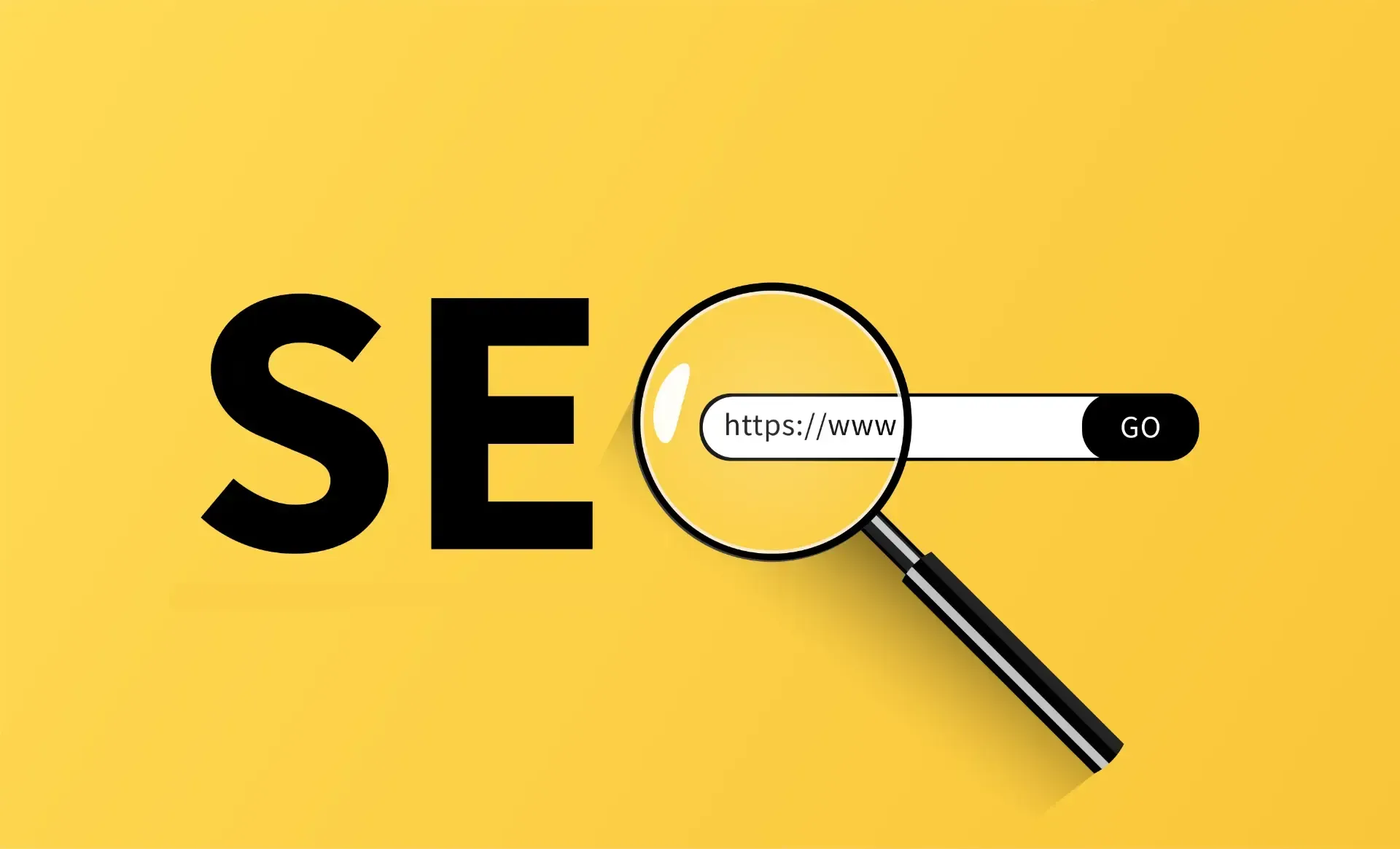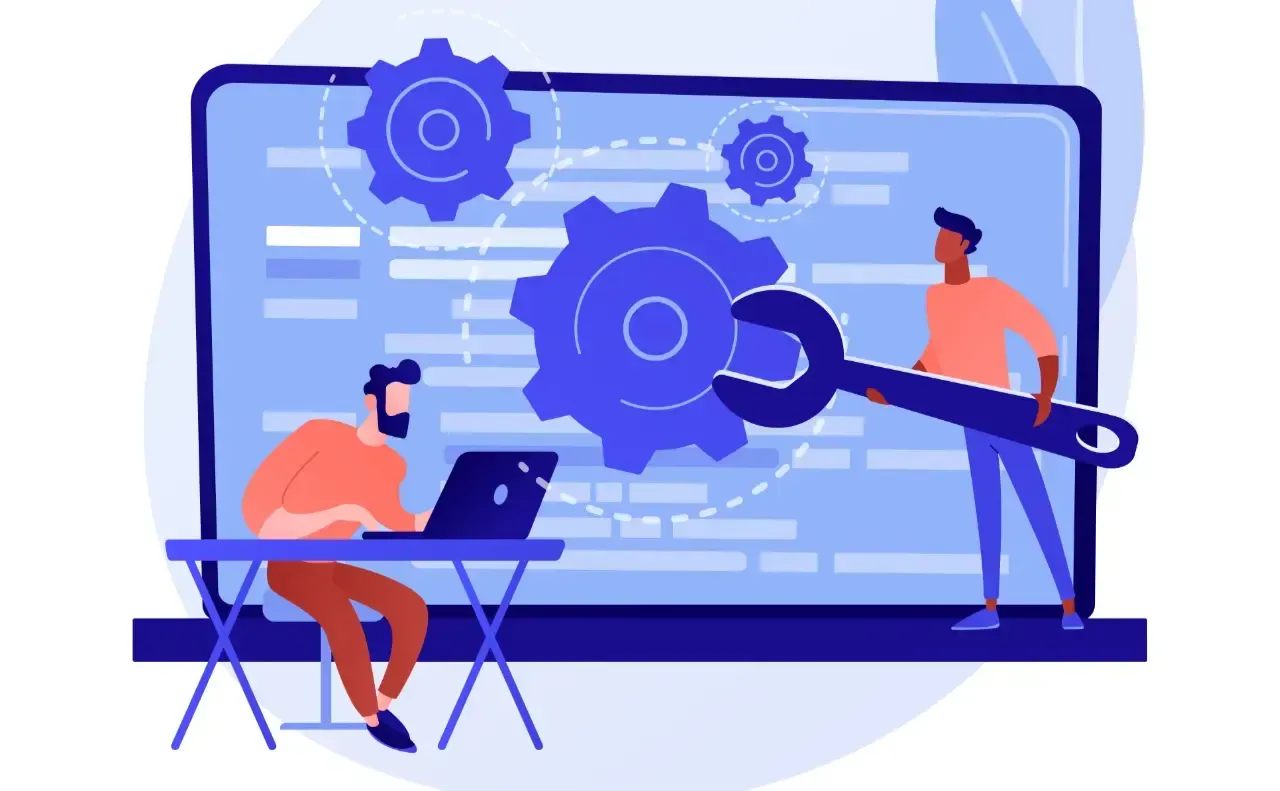Support & Billing
Contact us
023 8129 0355
hello@so53.co.uk
17 Rusland Close. Chandlers Ford
Hampshire, SO53 1SD
What Are The differences between PPC and SEO?
Pay-Per-Click (PPC) and Search Engine Optimisation (SEO) are two different strategies used in online marketing to drive traffic to a website.
While they both aim to increase visibility and attract visitors, they have distinct approaches and characteristics. Let's compare SEO and PPC:
Pay-Per-Click (PPC):
- Definition: PPC is an advertising model where advertisers pay each time their ad is clicked. It involves creating ads and bidding for ad placement on search engine results or other online platforms.
- Cost: PPC requires a budget, as you pay for each click on your ads. The cost per click varies based on factors like competition and ad quality.
- Traffic Source: PPC generates paid traffic. When someone clicks on your advert, they are redirected to your website.
- Strategy: PPC involves keyword research, ad creation, and bid management to target specific keywords and display ads to relevant audiences.
- Results: PPC can drive immediate traffic to your website once the ads are live. It offers more control over targeting and can quickly generate leads or sales.
- Control: With PPC, you have more control over ad placement, targeting options, and ad content. You can adjust bids, budgets, and ad copy to optimise your campaign's performance.
Search Engine Optimisation (SEO):
- Definition: SEO involves optimising a website to improve its organic (unpaid) search engine rankings.
- Cost: SEO is a long-term investment that requires time and effort to implement and maintain. It doesn't involve direct costs for clicks or impressions.
- Traffic Source: SEO generates organic traffic, meaning visitors naturally find your website through search engine results pages (SERPs).
- Strategy: SEO focuses on optimising website elements (e.g., content, meta tags, site structure) to make it more search engine-friendly and improve its visibility.
- Results: SEO results take time, as search engines must crawl and index your website. However, once rankings improve, the traffic can be consistent and long-lasting.
- Control: SEO provides less control over the precise positioning of your website in search results, as it depends on various factors like search engine algorithms and competitors' activities.
In summary, PPC involves paying for ads to generate immediate traffic and offers more control over targeting and ad placement, while SEO focuses on improving organic search rankings and driving sustainable long-term traffic to your website. Both strategies can complement each other, and the choice between them depends on your goals, budget, and timeline. Some businesses utilise both PPC and SEO to maximise their online visibility and reach a wider audience.
If you found this article useul you might be interested in our SEO services.




